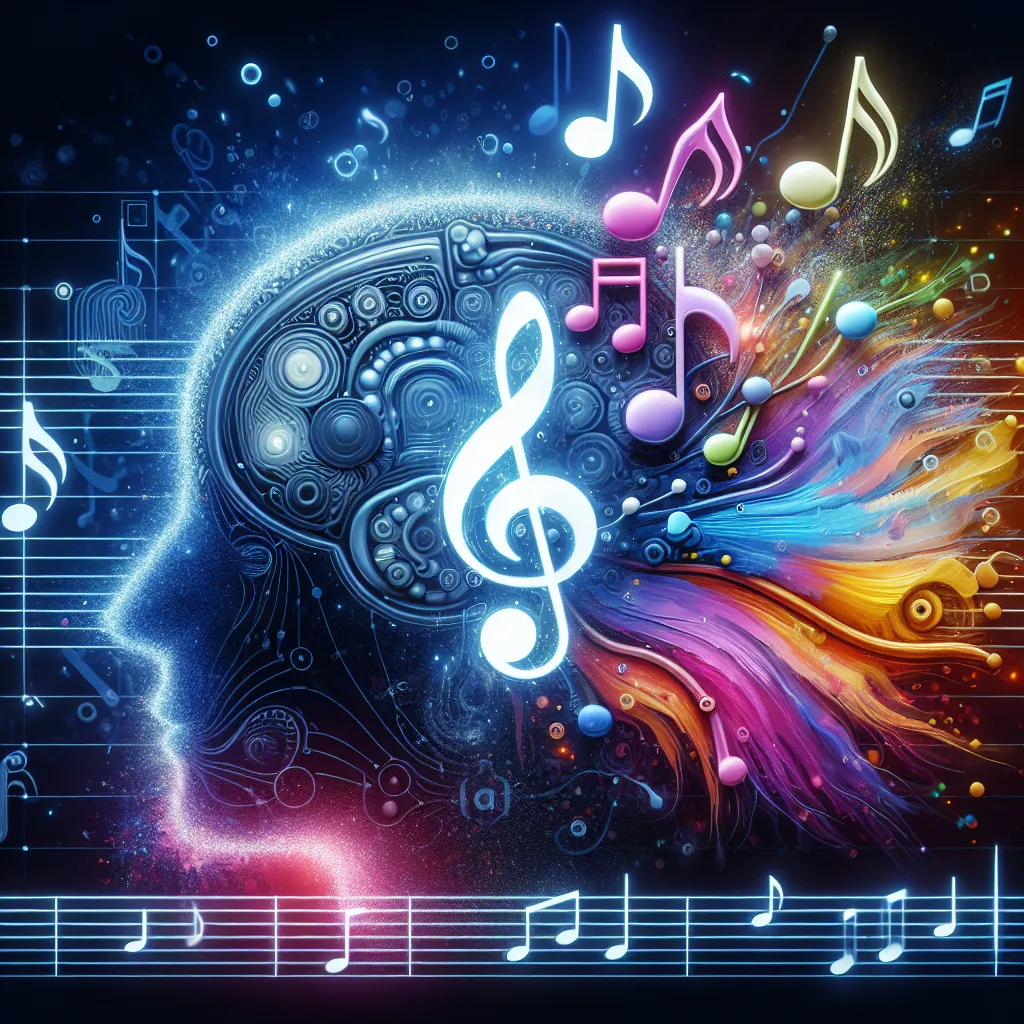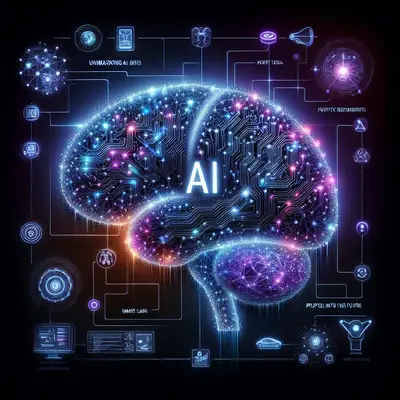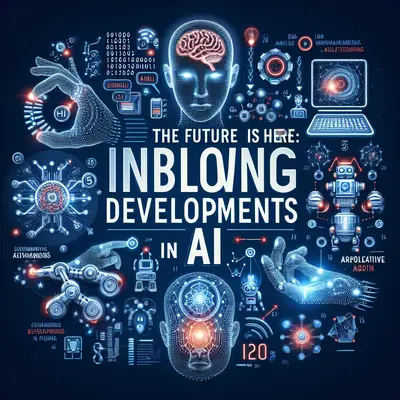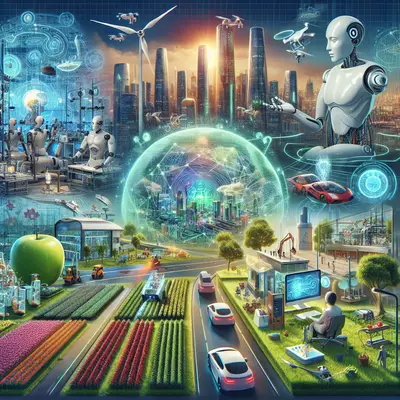1. AI-Generated Music
AI is no longer just an avid listener; it's started creating music too! From composing catchy melodies to crafting complex symphonies, AI music generators like OpenAI's MuseNet and Jukin Media's Jukin Composer are making their mark. These tools use deep learning to generate music that's almost indistinguishable from human-created compositions.
2. Personalized Playlists
Ever wonder how Spotify always seems to know what you want to hear next? That's AI at work. Music streaming platforms use AI algorithms to analyze your listening habits, favorite genres, and moods, creating personalized playlists that hit all the right notes.
3. Real-Time Music Recommendations
AI isn't just creating playlists; it's also revolutionizing how we discover new music. Platforms like Pandora use AI-powered algorithms to analyze musical attributes and recommend songs similar to ones you already love. So, the next time you discover a great new artist, you might have AI to thank!
4. AI in Music Production
AI is also transforming music production. Tools like LANDR and MasteringBox use AI to provide instant mastering, making top-quality production accessible to all musicians, regardless of their budget. These tools analyze your tracks and apply corrections, enhancements, and mastering effects, ensuring your music sounds its best.
5. AI in Music Education
Learning music is becoming more accessible, thanks to AI. Apps like Yousician use AI to provide personalized music lessons, offering real-time feedback as you play. These AI tutors can identify where you're going wrong and provide tailored exercises to help you improve.
Conclusion
While the human touch in music will always be irreplaceable, AI is proving to be a valuable co-composer, producer, and even teacher. It's not just changing the music; it's changing the way we interact with it. So the next time you hit play, remember, it might be AI serving up your perfect soundtrack.



